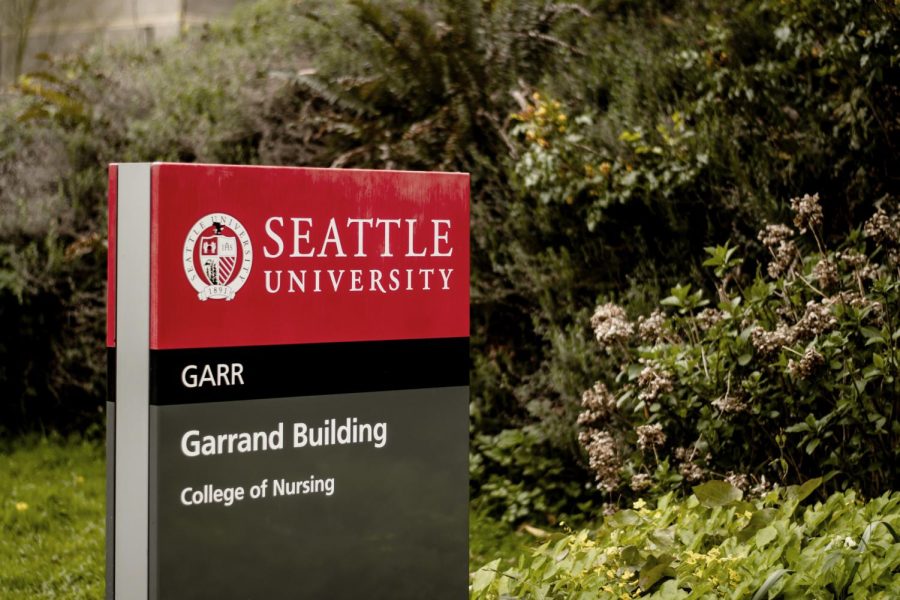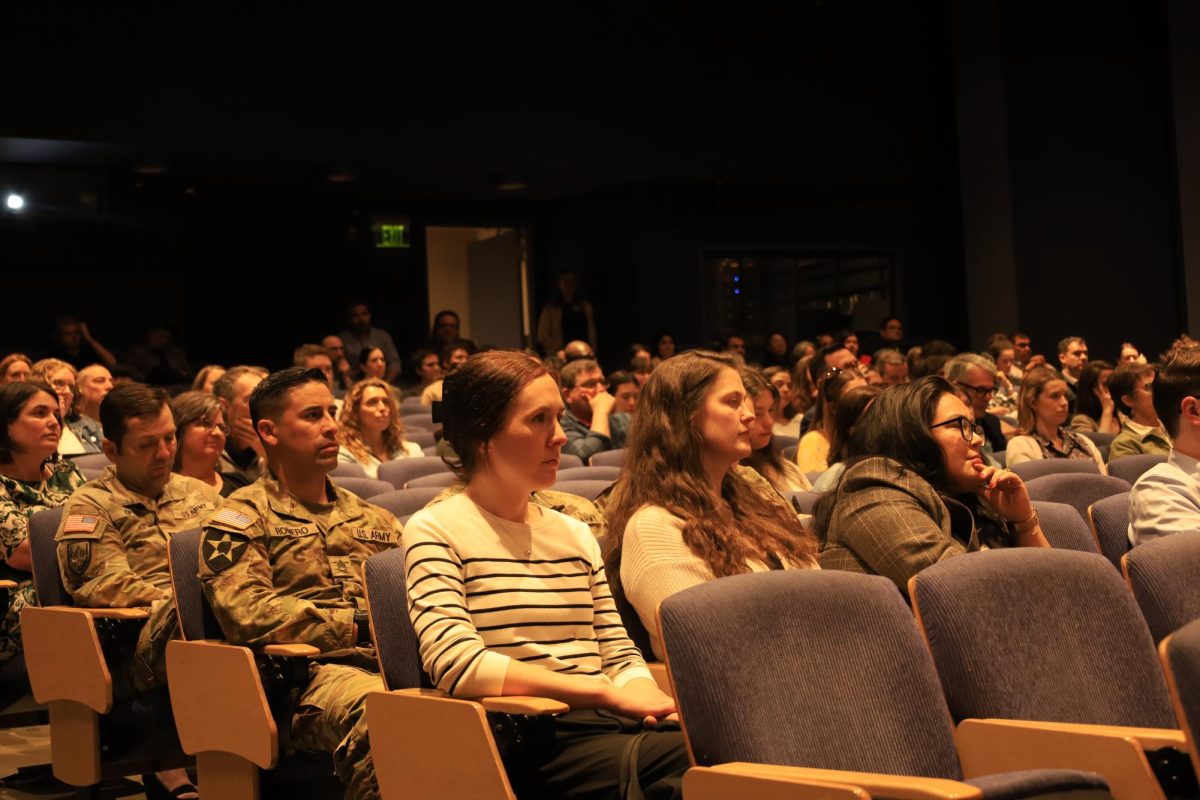With little fanfare, a yearlong lawsuit against Seattle University was settled out of court in November 2023.
The suit, filed in the King County Superior Court November 2022, alleged that Seattle U promised students a master’s degree program that they had never been accredited to offer. The four plaintiffs, who had attended Seattle U expecting to receive their degree after a year of coursework, found themselves with no degree, few transferable credits, and no way to recoup the tuition or time they had spent pursuing their educational goals.
Seattle U filed a response Dec. 21. The document agreed that the degree had never been officially approved, but denied any impropriety in the communication of the information to students.
Also of note in the court filings were numerous communications between former Seattle U College of Nursing (SUCON) Dean Kristen M. Swanson, the Commission on Collegiate Nursing Education (CCNE) and the Nursing Care Quality Assurance Commission (NCQAC). It also featured several official letters from SUCON to students mentioning the degree.
“We are pleased to let you know that the Board of Trustees approved our curriculum revision on April 30, 2020,” stated the first of these letters, sent to students April 21, 2020. “Thus, when you complete the 4 DNP courses that are included in the new entry level MSN, you will be eligible to be awarded an MSN degree.”
The DNP, or Doctor of Nursing Practice, is a terminal degree in the nursing field offered at SUCON. The university’s proposed plan (as outlined in documents filed with the court) was to offer an MSN (Masters of Science in Nursing) after the completion of five quarters of DNP coursework. As the SUCON letter outlined, Seattle U approved this plan in 2019. The proposal was then sent to NCQAC, who also needed to approve the program before any degree could be granted.
Over a month after the initial letter was sent to nursing students, in late May, NCQAC denied Seattle U’s proposal, citing an insufficient number of clinical hours. The denial kicked off nearly a year of discourse between NCQAC and SUCON regarding the length of the degree. NCQAC was unwilling to alter their clinical hour requirement, and the university refused to extend the program.
Finally, in late March of 2021, SUCON informed the two cohorts of the DNP program that no MSN would be awarded. Shortly following, NCQAC sent a letter to Swanson informing SUCON of an ongoing investigation of allegations, stating that Seattle U had provided incomplete and misleading information to students in the course of marketing the MSN degree. Namely, that the MSN was simply a proposal—the degree had been neither accredited nor approved.
The suit was filed Nov. 17. Seattle U released a statement Nov. 18 disputing the allegations.
“Although the university regrets the way information was communicated to doctoral students in 2020 about the proposed [master’s of nursing] degree, any allegation that the university marketed or advertised the degree with an intent to deceive students is categorically false,” the statement read in part.
Seattle U also expressed that they believed NCQAC accreditation was a formality and did not expect to encounter the roadblocks they did. The modified curriculum now allows students to earn a Bachelor of Science in Nursing instead of the MSN which still allows one to obtain their nursing license, though it does not come with the other benefits of a masters-level education.
A few days later, NCQAC released the findings of the investigation, which are also included in the plaintiffs’ court filings. The final report found that two sections of the Washington Administrative Code had been violated by SUCON, though it declined to take any disciplinary action.
“Misleading and inaccurate information was provided to students and the public through the college of nursing website, emails and letters to students, syllabi, the 2020-21 college catalog, and… all-cohort Zoom meeting,” the report states.
After nearly a year of sitting on a judge’s docket, the suit was dismissed without prejudice, meaning that it cannot be refiled in the future. The specific terms of the settlement are not public record and the parties involved are not at liberty to disclose specifics.
“All I can say is that the matter was resolved to the satisfaction of the parties,” Patrick J. Kang, an attorney representing the students, wrote to The Spectator.
Seattle U Media and Marketing Manager Lincoln Vander Veen repeated the same statement.
With a nursing shortage plaguing the country, a huge number of employment opportunities are open to graduating students in the field. Seattle U has the potential to play a vital role in addressing this gap with a strong nursing program and a location close to several major hospitals.
The plaintiffs’ complaint and university’s response as filed with the court are linked here.








